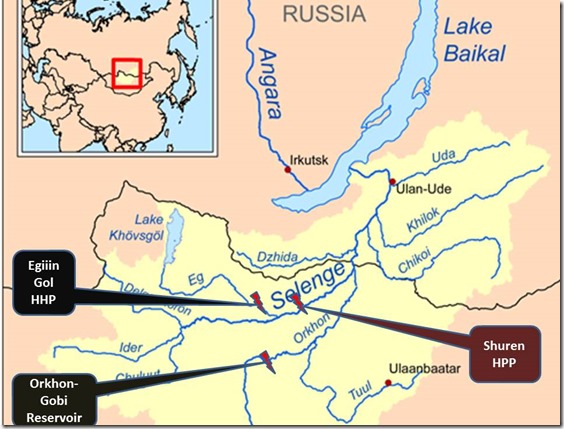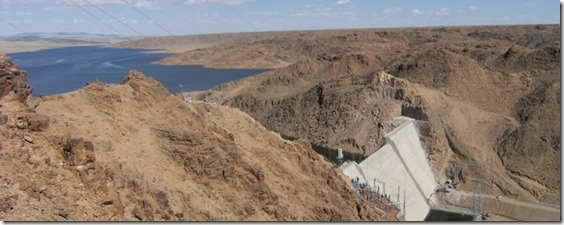Good news came from activists living at the confluence of Selenge and Egiin Gol rivers in Mongolia – as of June 25th “preparatory works” by Gezhouba Int. Co. for Egiin Gol Hydro dam construction still have not resumed. The RwB hopes this is a healthy sign that responsible agencies in China are seriously assessing risks and consequences of large dam building in the Baikal Basin. Recent appeal by President Putin to his Mongolian and Chinese colleagues may even make them consider alternatives to costly hydropower construction in water-deficient Mongolia. By his appeal Putin supports citizens of Russia who wrote such unanswered letters long before. Putin also became the first head of state of the New Silk Road countries to voice deep concern about the quality of project selection for the China’s Belt and Road Initiative.
Other good news came from Buryatia Republic, which on June 27 received a delegation of the World Bank and Mongolian MINIS Project officials. After 4 years of unceasing appeals from the RwB the WB MINIS Project finally agreed to undertake consultations on regional environmental assessment (REA) and environmental and social impact assessment (ESIA) plans for the proposed Shuren Hydropower Project on the Selenge River and the Orkhon River Flow Regulation and Reservoir Project on the territory of the Russian Federation. If they would have agreed to our suggestions in 2012 the MINIS project would not be running out of time as is the case now. However, better later than never and the RwB sincerely welcomes this attempt to start dialogue with affected communities in the Republic of Buryatia and Irkutsk Region and consult with local community groups, local and national CSOs, experts, officials with interest in the MINIS project and the Selenge basin. We hope that MINIS Project and the WB will also pay serious attention to substantive questions raised by RwB and many local stakeholders regarding conducting strategic regional environmental assessment (REA) first and only then deciding whether to proceed with detailed ESIAs for particular dam projects if they are still relevant. They also requested that ESIA for Egiin Gol Hydro should be disclosed to the public and fully considered when conducting cumulative impact assessment (part of REA) for all dams planned in the Selenge River Basin.
Recently the “China Dialogue” published in Chinese and English an article by the RwB Coordinator on the problems with dam building in Baikal Lake Basin and deficiencies in infrastructure planning on the New Silk Road. The article argues that the Egiin Gol Hydro project selection is a consequence of gaps still present in the design of China’s New Silk Road Initiative (or Belt and Road Initiative) aimed at integrating the country with its neighbors and global markets. However great it is at boosting new economic cooperation, the New Silk Road Initiative so far lacks clear environmental safeguards and specific green development guidelines. Grand plans for “new economic corridors” are not subjected to strategic environmental assessments to avoid environmental damage and select the best alternatives. There is no institutionalized mechanism for consultation with stakeholders living along the Silk Road. Without this, Chinese investors lack information on actual environmental and social risks. Or they get it too late, as in this case when supervising agencies ordered Gezhouba to stop construction.
Now as the WB MINIS Project decided to hold comprehensive consultations on terms of reference for REA and ESIA for other two planned dams in Selenge Basin, Chinese agencies have a good chance to bring in the Egiin Gol Hydro ESIA to be discussed and assessed in the same consultation process designed according to international standards by the World Bank Group. Since Chinese agencies and companies have already shown wisdom and desire to avoid harm, we hope that this opportunity also will be used for good.
These hopeful changes may be further facilitated by the fact that yesterday new people won parliamentary elections in Mongolia and new officials to be appointed by them soon have their hands not tied by often biased promises and pledges from the past. There is a real chance to plan better cleaner energy future for Mongolia for the greatest benefit of the country and start cooperation with its neighbors on integrated transboundary water management.
RwB Blog Editor



